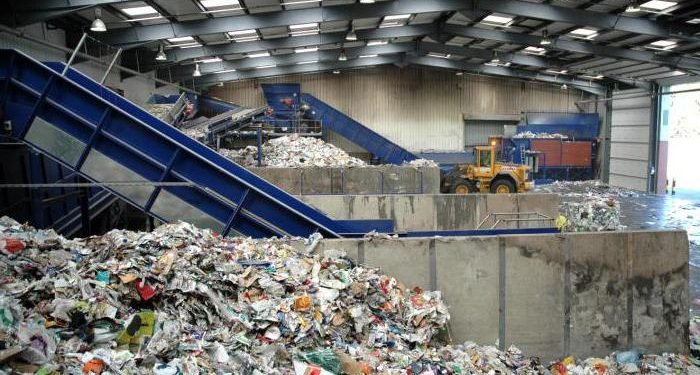The system of selective sorting of waste will soon be implemented at the level of major neighborhoods in three typical states, before it will be gradually rolled out to the rest of the country, said an official at the National Waste Agency, on Monday.
And this concerns the states of Algiers, Boumerdes and Oran, in which this method will be applied, which facilitates waste recycling, according to the explanations I gave on national radio, the acting director of integrated waste management, Fatima Zahra Barsa.
The official stressed that this process will be “gradually” generalized to other states, given that it requires “significant” material, financial and logistical means.
She drew attention to the “big” role played by civil society in embodying the selective sorting system, especially through the sensitization processes it carries out with the National Waste Agency.
This system would increase the effectiveness of waste valuation processes, especially those carried out by institutions specialized in recycling, according to the official. Which mentioned that Algeria produces annually more than 13 million tons of household waste, only 30% of which is recoverable.
Only 9.83 percent of the 30 percent of recoverable household waste is actually valued, Barsa added, noting that the goal set by the environment sector is to value 30 percent of household waste, 80 percent of hazardous waste and 50 percent of lifeless waste, with a horizon of 2035.
The official explained that the financial return for waste valuation, if all capacities are used by 100 percent, is approximately 150 billion DA annually.
In the same context, she revealed that the National Waste Agency is currently preparing studies on recycling “hazardous” waste for the benefit of investors, in order to encourage them to go through this experience, especially since most of them are heading towards valuing non-hazardous waste. Algeria has a total of 14,000 institutions working in the field of
waste recycling and valorization.





